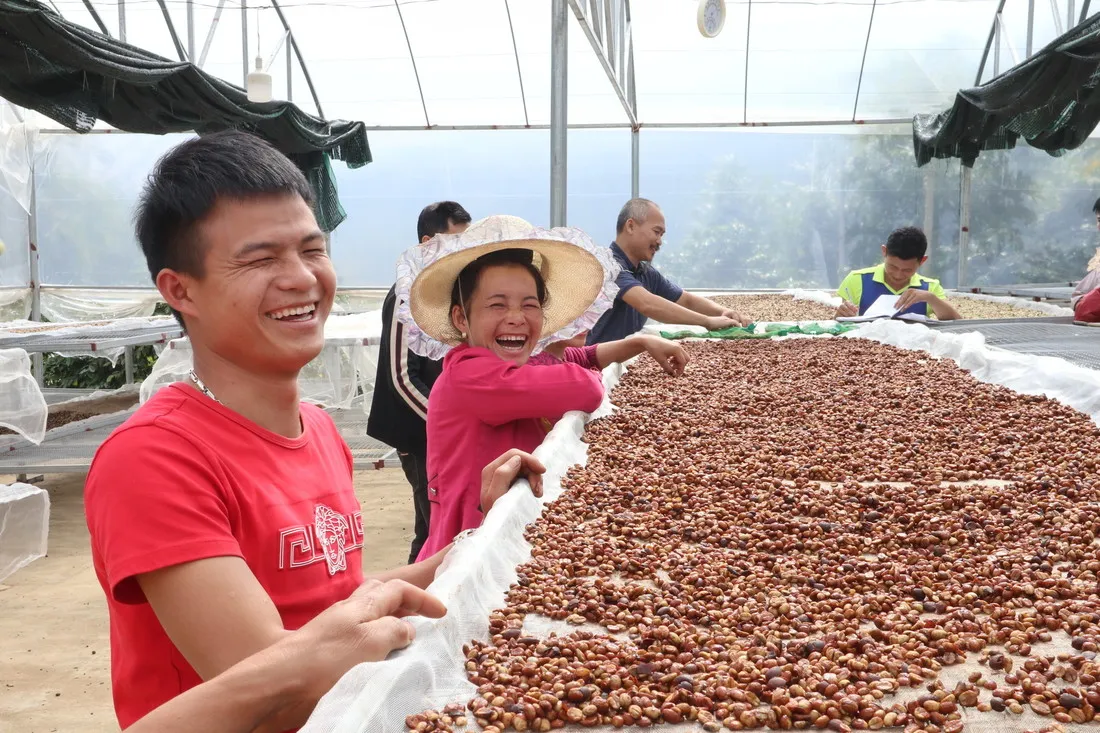About this report
If we do nothing, the future of work is profoundly sexist. That’s not the future we want, and it’s not smart business. COVID-19’s impact on the lives of women and girls has rolled back progress on gender equality by a generation—36 years. At the same time, the pandemic and has accelerated the “fourth industrial revolution,” with social distancing and COVID restrictions moving industries towards automation and data-mined solutions.
Sexism is harming women, and it’s crushing the economy. It makes work unpredictable, leads to high turnover, and reduces productivity. Women who already face discrimination, women of color, and disabled women have felt the biggest impacts. In the U.S. alone, black women were the only people who saw unemployment rise in December 2021. Current trends show it will take 268 years to reach gender equality.
This does not have to happen. We have the power to change this future if we act now. The fourth industrial revolution must build stronger foundations for everyone. If not, it rolls back the progress we made over the first three industrial revolutions that opened up rights and opportunities. Equitable recovery from COVID-19 requires tackling the structural barriers that women and girls face; stronger investments in gender equality and women’s economic opportunities; and strengthening women’s leadership in COVID-19 response, recovery and beyond. These are fundamental rights we must uphold. They are also good business sense.
We have the opportunity to unlock a resilient and promising future of work—if we prioritize and invest in gender equality. That means tackling the biases and barriers women face, thinking globally, and ensuring men are as invested in equality as women are because they see benefits, too.

